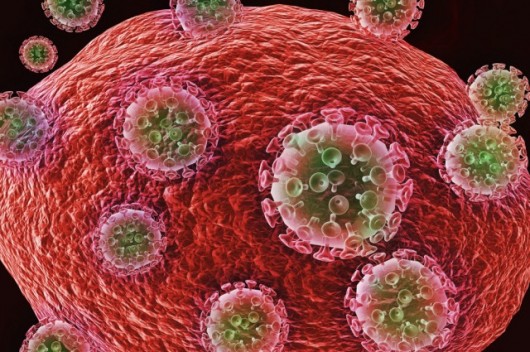How Artificial Tweezers Can Prevent Disease
 CLR01, an artificial molecular tweezer, was developed a little over ten years ago in order to study its reaction with different kinds of amino acids (also known as the building blocks of proteins). One of these amino acids turned out to be lysine, which is a key substance found in proteins that support HIV infections.
CLR01, an artificial molecular tweezer, was developed a little over ten years ago in order to study its reaction with different kinds of amino acids (also known as the building blocks of proteins). One of these amino acids turned out to be lysine, which is a key substance found in proteins that support HIV infections.
What happens is that once CLR01, also referred to as an “artificial molecular tweezer,” interacts with lysine, it disrupts the formation thereof while also interfering with the structure on the surface of the HIV also called the viral envelope.
According to the coauthored article published by eLife journal entitled ‘A molecular tweezer antagonizes seminal amyloids and HIV infection’, “CLR01 counteracts both host factors that may be important for HIV transmission and the pathogen itself.
These combined anti-amyloid and antiviral activities make CLR01 a promising topical microbicide for blocking infection by HIV and other sexually transmitted viruses.”
CLR01 was actually tested on other STIs, and it was found that the molecular tweezers also interfered with the viral envelope of the herpes simplex virus and the hepatitis C virus. This is good news for people in developing countries who have, for years, been suffering from preventable diseases.
According to UNAIDs, around one billion people currently lack access to health care and an estimated 33.4 million people were living with HIV in the year 2008.
In Africa specifically, there have been measures taken to increase funding for health care, but there are many economic problems that have not been addressed. Associations like the World Bank and IMF have required governments to sacrifice needs in favor of macroeconomic growth.
“The failure to prioritize public health denies its significance in promoting long-term economic growth. As the WHO Commission on Macroeconomics and Health recently concluded, health is more than an outcome of development, it is a crucial means to achieving development.”
Breakthroughs such as that of the molecular artificial tweezers would not only be beneficial to those living in first world countries but all over the world.
–Anna Brailow
Sources: eLife,, Global Issues,, Health Freedoms
Photo: IFL Science
